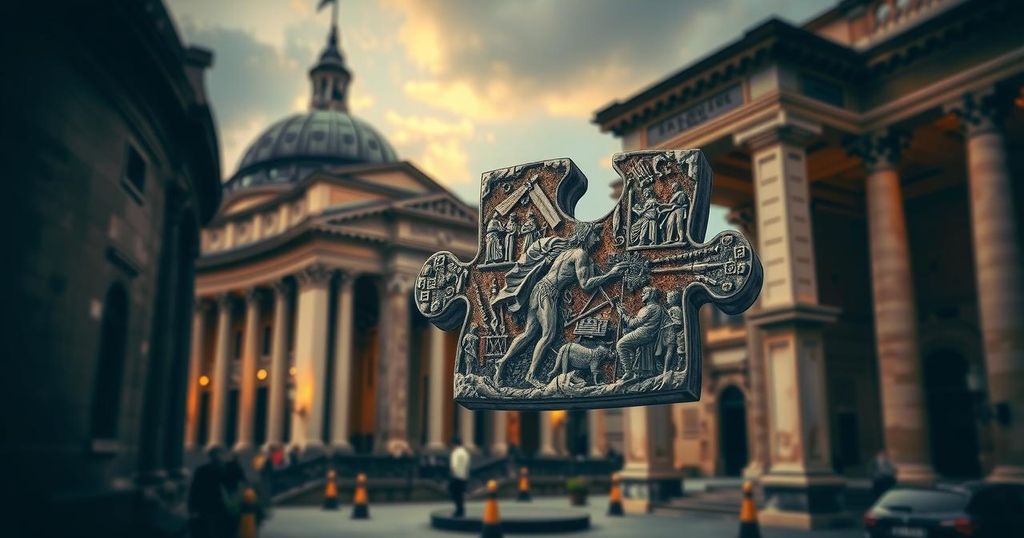In “Gladiator II,” producer Douglas Wick explains why Lucius Verus, played by Paul Mescal, decides to remain in Rome at the film’s conclusion. Lucius, born to prominent Roman lineage including Maximus and Marcus Aurelius, struggled with his identity, having spent most of his upbringing in Numidia. The film marks a turning point for Lucius as it encapsulates a profound theme of homecoming and identity reconciliation.
Wick describes Lucius’s journey as a “homecoming,” spotlighting his evolution and acceptance of his Roman heritage. Director Ridley Scott emphasized visual storytelling to convey Lucius’s internal conflict. Through creative discussions, it became clear that Lucius, despite his disdain for Rome, was destined to embrace his roots, leading to the film’s pivotal final scene.
The conclusion of “Gladiator II” sets the stage for future narratives, hinting at a new direction for “Gladiator III.” Unlike its predecessors, this installment will not center around revenge but rather Lucius’s challenges as a leader in Rome. It aims to depict his struggle with acceptance of his identity and responsibilities as a politician, which will be crucial as the series continues to explore political themes.
The sequel also features characters inspired by real historical figures, enhancing the connection to actual events. As Lucius transitions into a political role, he must navigate the complexities of power and governance, making “Gladiator III” poised to be the most politically charged installment so far. Wick highlights that this element will resonate with contemporary discussions about politics and power dynamics.
Ultimately, while “Gladiator II” may echo themes from the original film, Lucius’s distinct relationship with Rome sets him apart from Maximus. Furthermore, Lucius’s journey reflects deeper personal struggles as he faces the implications of his heritage and choices in leadership, paving the way for significant character development in the anticipated sequel.
The ending of “Gladiator II” marks a significant turning point for Lucius, emphasizing themes of identity, heritage, and personal growth within the complex political landscape of Rome. As Lucius transitions into a leadership role, the upcoming “Gladiator III” promises to delve deeper into his struggles and responsibilities, making it a compelling continuation of the franchise’s narrative. This focus on internal conflict and political themes distinguishes Lucius from Maximus, ensuring a fresh perspective moving forward.




